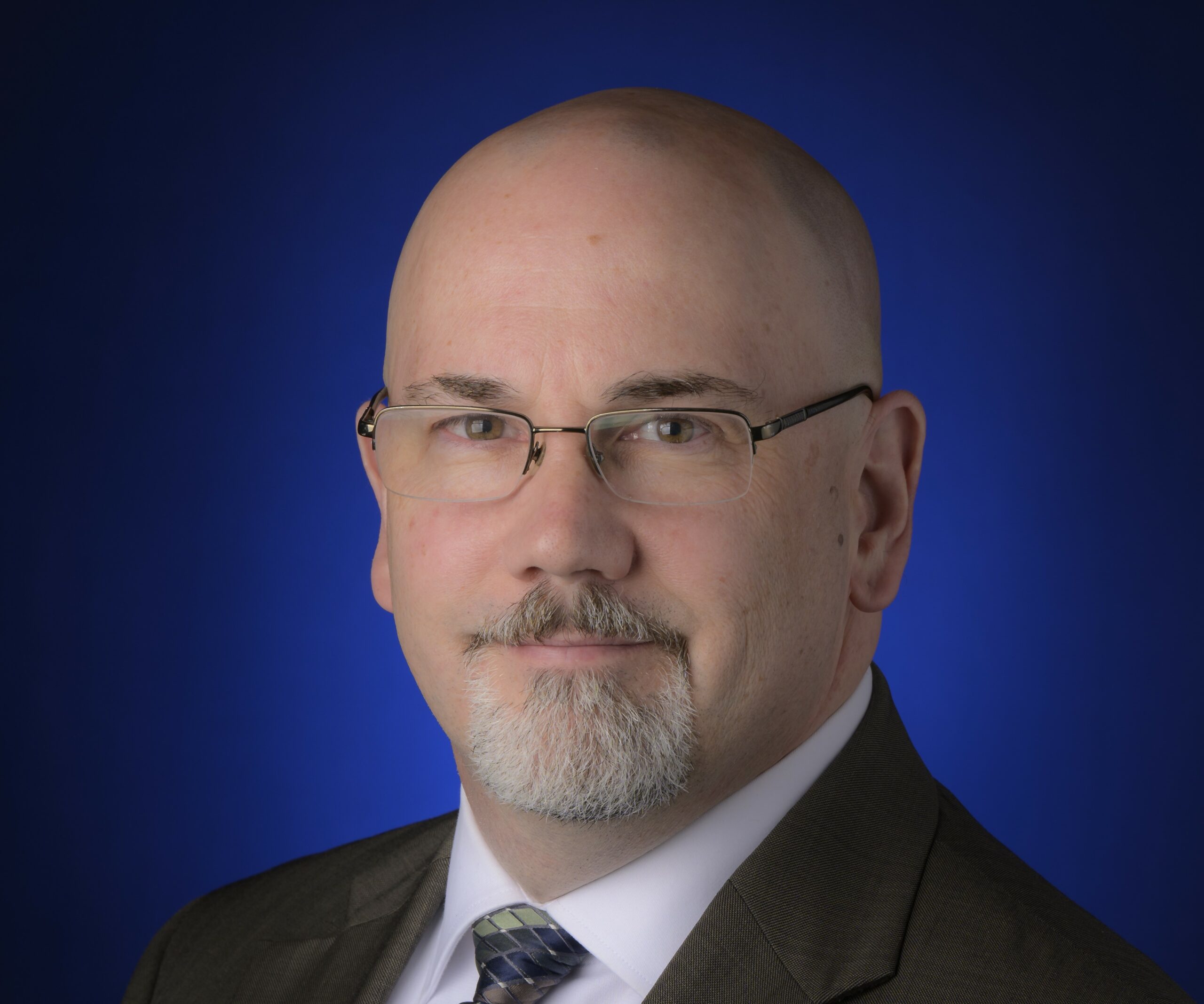Eric Ianson is the Deputy Director of the Planetary Science Division at NASA Headquarters. In this role, he supports exploration of the solar system, including missions to and research of planets, moons, and small bodies like asteroids and comets. He also serves as Program Director for the Mars Exploration Program and the Radioisotope Power Systems Program.
In his upcoming Wilder Penfield Lecture, Ianson will describe NASA’s latest exciting endeavors, including sample collection from the Mars surface, intentionally crashing a spacecraft into an asteroid as a demonstration of planetary defense, and exploring Jupiter’s moon Europa and its ice-covered ocean.
What sort of milestones can young people expect to witness in their lifetimes in the field of space exploration?

This is such difficult question to answer because technology changes so rapidly. In addition, national, international, and commercial interests and priorities are always subject to change. When I was in college in the late 1980s, I would have never imagined that there would be a helicopter flying on Mars, rockets safely landing back on Earth after a launch, or a global information network accessible to everyone.
We are clearly on a path to return humans to the Moon and then eventually land astronauts on Mars. In addition, there will continue be exciting robotic missions to planets, moons, and small bodies (asteroids, comets, etc) throughout the solar system, including a focus on interesting destinations such as Jupiter’s moon Europa, Saturn’s moon Titan, and Uranus. We will also see new techniques to identify habitable worlds outside of our solar system.
Beyond that is anyone’s guess. Much of it may depend on what we learn as we go. For example, if we see indications of life either somewhere in our solar system or beyond, I expect that would become a priority of future endeavors. Also, as humans reach other destinations there may be consideration of long-term facilities on these bodies, like a Mars base or even one day a Europa ocean base! What is today only seen in science fiction, could turn into reality in the not-too-distant future.
With private companies like SpaceX playing an increasingly important role in space travel, what role does NASA have in achieving the next big space breakthroughs?
It is an incredibly exciting time to be working in the space field! The accomplishments and growth of the commercial sector have been spectacular in recent years. The increased interest and capability of the commercial sector have enabled strong opportunities for public-private partnerships including the International Space Station (ISS) Commercial Crew and Resupply Programs, which transport astronauts and supplies to the ISS, and the Commercial Lunar Payload Services (CLPS) program, which is delivering science and technology missions to the moon.
For private companies, there must be a business case to ensure they remain profitable. NASA, and other government space agencies around the world, do not have a similar motivation. Rather, NASA is funded to achieve specific science, exploration, or technology objectives. Often, we can partner or contract with industry to help us achieve these objectives. However, frequently there are specialized science instruments or spacecraft that are best developed in-house at NASA. Some examples are the Mars rovers, the Europa Clipper spacecraft, and synthetic aperture radar instruments.
India’s space program recently became the first to land on the moon’s south pole. What do you think of this achievement and is there anything NASA can learn from it?
Similar to the growth in the commercial sector, we are also seeing rapid expansion of interest and capability on the international stage. Space is incredibly large and there is plenty of room for everyone to play.
International collaboration has long been a cornerstone of NASA’s efforts. Many of our most important activities, including the Perseverance Rover, the James Webb Space Telescope, and the Artemis Program rely on international partnership to be successful. We also celebrate the successes in science and exploration of our friends around the globe, including India’s recent moon landing.
One important aspect of NASA missions is that we make all our mission data publicly available. It is important for everyone to have access to this data, as it helps increase scientific discovery. We encourage our colleagues from around the world to do the same to help increase the benefits of the peaceful exploration of space.
What is your favourite movie or TV show about space or space exploration, and why is it your favourite?
This is the hardest question, as I am a huge movie buff. Some of my favorites (both factual and fanciful) include, Apollo 13, Alien, Gravity, Close Encounters of the Third Kind, WALL-E, The Martian, The Empire Strikes Back, Arrival, and The Day the Earth Stood Still.
If I had to pick one favorite that relates to space exploration, I would probably go with The Right Stuff. It tells the story of the original Mercury Seven astronauts. I love that film, because it immerses you in a time during which the idea of space travel captured the imagination of the world, as it was transitioning from science fiction to fact. It also highlights the challenges of a fledgling space agency turning theory into reality. And finally, it is hard not to admire the courage of the men who were among the very first to be strapped onto a rocket and launched into space. It’s a great movie!
Eric Ianson’s Wilder Penfield Lecture, entitled “Planets and asteroids and moons … oh my!” will take place November 13, at 4 p.m. in The Neuro’s Jeanne Timmins Amphitheatre.

Please have the Federal Government direct my taxes for the rest of my life your NASA budget for your exciting work in space exploration !
Are these virtual ? I am in Vancouver and would like to listen / attend. Thank you
If you click on the link at the end of the article it says the livestream link will be coming soon